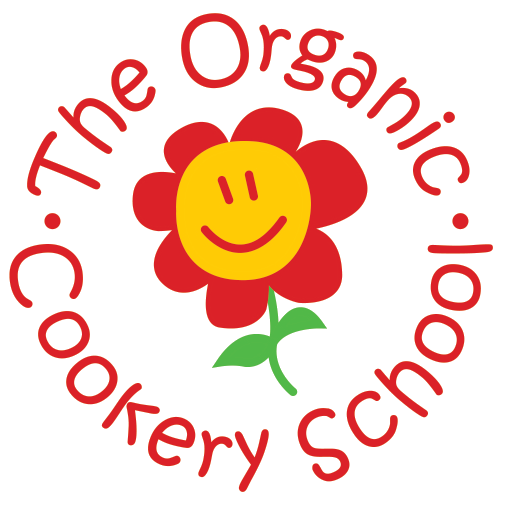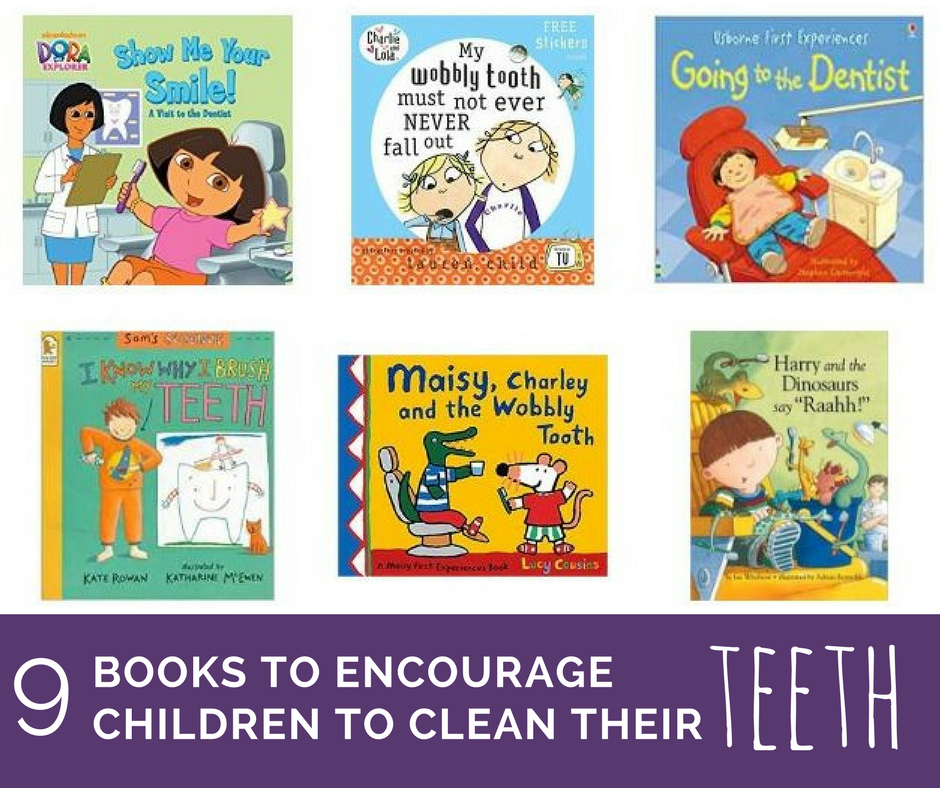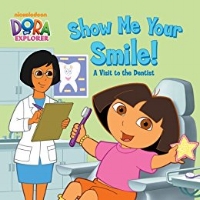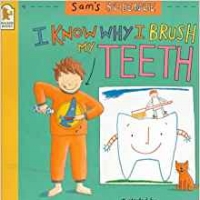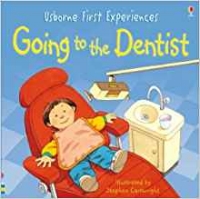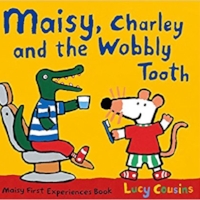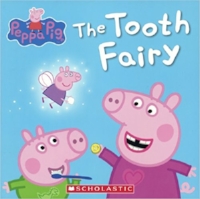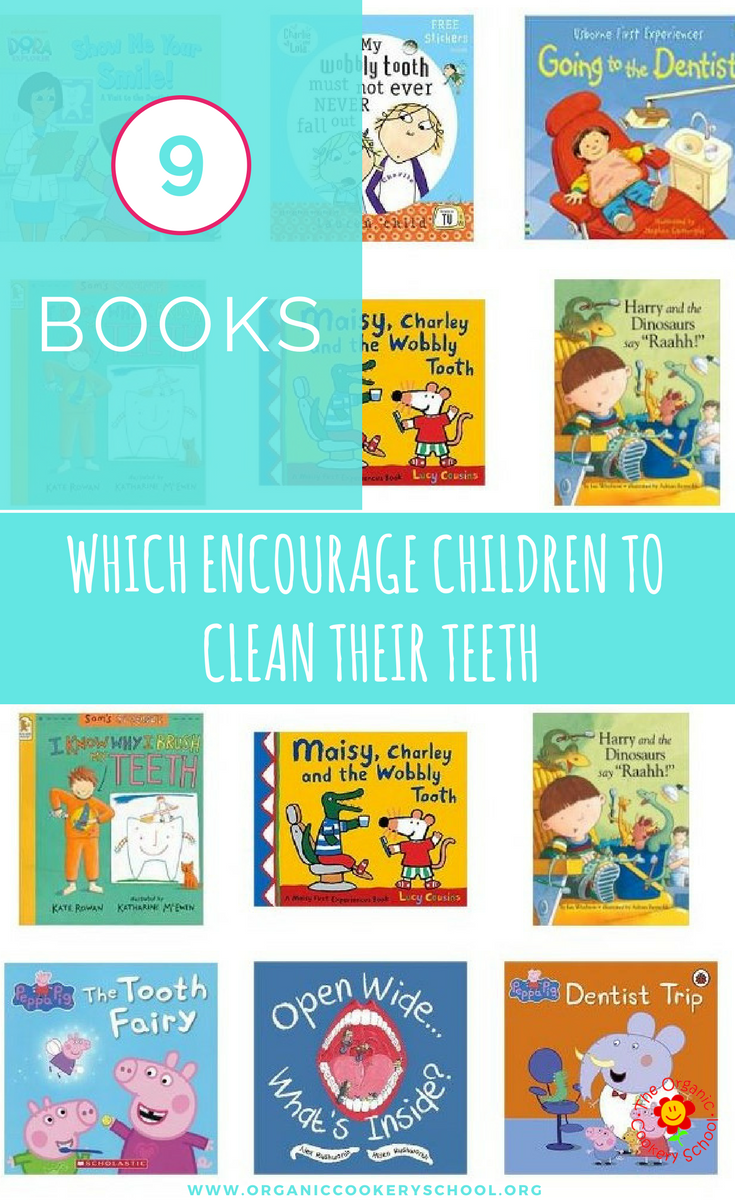The dental health of children, including issues such as tooth extractions and decay are currently making headlines for all the wrong reasons. Numbers of child tooth extractions are up, causing what must be for many children, a great deal of unnecessary stress and discomfort, as well as putting additional pressure on the NHS.
Hospitals extracted multiple teeth from children and teenagers in England a total of 42,911 times – 170 a day – in 2016-17, according to statistics obtained by the Local Government Association
As a parent, and someone who spent a lot of time in the dentist’s chair from the age of ten (due to two broken front teeth rather than cavities), this worries me deeply not only because I know just how distressing and painful dental work is, but also because for most, it is avoidable.
I’d like to think I’m a well informed parent, but these statistics make me wonder just what’s missing in our parenting education, for this problem to be growing so dramatically.
Yes, we need to give our children less sugary foods.
Yes, supermarkets need to stop promoting sugary food.
But as well as dietary choices, how much do parents really know about the best ways to care for their children’s teeth?
As a parent educator, I also know it’s something that other parents lack confidence in too, especially those who have babies starting solids or preschoolers.
Is there enough support and information to support parents right from when a baby starts solids, through to when a child is left to brush their teeth independently?
With this in mind, I decided it was time put some of our parent questions to an expert, and I am very grateful to Samantha Glover, Dental Public Health Program Manager at Public Health England, for taking part in the following Q and A. All questions were submitted by The Organic Cookery School’s Parent Focus Group.
This first question came from Isabel, who like many parents often gives homemade smoothies as a way to boost her children’s intake of fruit and veg (particularly spinach, which as we all know becomes infinitely more acceptable to a child blitzed up with fruit)
Q: Are smoothies really bad? Are they better if drunk through a straw?
A: It is so much better to eat whole fruits; when you blitz the smoothie you release the sugars which can damage your teeth.
These can also be quite acid, leading to enamel erosion. If you are going to have a smoothie or any drink that is not water or milk, drink it with a meal and over a short period of time. The worst thing you can do is sip these drinks throughout the day as it means the damage is continual rather than being in one hit.
If straws reduce the amount of time a sugary drink is in contact with teeth, then yes, but this is reduced if being sipped over a long period.
Find out more on this topic here
Amy wanted to know whether it’s better to offer smoothies at a particular time of day.
Q: Is it better to give a smoothie in the morning (because you can brush teeth after)
A: Give it with a meal and stick to water or milk in between meals. Do not brush your teeth for 45mins after you have eaten or drank anything. Once you eat or drink the sugars and acids in the food form an acid which attacks the enamel. Over the next 45 mins your saliva with help neutralise this acid environment and bring the PH back to a neutral level. At this point it is safe to brush again. If you want to help you teeth drink some water after eating or drinking.
Find out more on this topic here:
Lianne has a toddler and school-aged child and wanted to know how important it is to use toothpaste targeted at different age groups.
Q: Do I really need different toothpastes for all the different ages? Does it matter if my two year old and 8 year old have the same one?
A: The difference in ages for toothpaste is the fluoride content. Children from 4 years old who are developing their adult teeth benefit from the higher dose of fluoride (1450ppm). This is the same for all children older than this. With children 4 and above use a pea sized blob. Children under this age use just a smear. Rub the toothpaste in to the toothbrush so the child doesn’t just suck the paste off the brush and swallow it.
Find out more on this topic here:
Lianne also asked about mouthwashes targeted at children.
Q: Do my children need to use children’s mouthwash?
A: Children should not need to use a mouthwash unless recommended by their dental professional. After brushing the teeth for two minutes with a fluoride toothpaste spit out the bubbles but do not rinse. You want that fluoride to soak in to the enamel to help keep it strong. If you rinse with water or mouthwash you will wash all of this away. The child’s saliva will slowly wash this away once it has done its job.
Monika wondered about whether toothbrushes need cleaning.
Q: Should I clean my child’s toothbrush (eg sterilise it)?
A: No, toothbrushes should be replaced regularly. Every three months is recommended but if yor child has been sick or been unwell replace the toothbrush before. Use a toothbrush cover once the brush is dry or keep them in a cupboard. Do not use each other’s brushes. It is always best to replace than try and sterilise or disinfect a brush. Just rinse the bristles well after use and leave to try.
Find out more on this topic here:
Inga wondered about the effects of dried fruit on teeth, especially as a playtime snack or at lunch.
Q: Can I give my children dried fruit snacks during the day?
A: Dried fruits such as raisins are very concentrated sugar and stick so they stay on the tooth surface for a long time. Try to limit snacks to two a day (100cals) and drink plenty of water after a snack to help clean the mouth.
Find out more on this topic here:
Ines posed a great question about foods that might help neutralise sugar acid during the day.
Q: Does cheese (or any other food) neutralise sugar acid?
A: Yes to a degree. Low acid and sugar snacks include rice cakes, cheese and milk. These can be a good addition to the diet and water and milk are a good option after something acidic or with sugar.
Find out more on this topic here:
Chloe, one of our ‘Cooking for Baby’ mums asked about babies and teething.
Q: Is it ok to let my baby chew her toothbrush when teething?
A: Teething rings are better for long term chewing but introducing your baby to a toothbrush whilst they are teething is a good idea, they can get used to the feeling of the bristles so this feels more familiar when you start to brush the teeth. Children should be supervised to brush up to the age of 7.
Sam wondered whether her son’s current dental routine was linked to recurrent bad breath.
Q: My child has bad breath, but we clean teeth regularly, are we doing something wrong?
A: Bad breath can be a sign of a throat or stomach problem. Take the child to check that the teeth and gums are clean and healthy. If this is the case then check with your GP. Often when a child has a throat infection or stomach problem it can cause a bad taste and smell in the mouth.
We also asked about rinsing with water.
Q: Should my child rinse with water or leave some toothpaste in their mouth after brushing?
A: Spit don’t rinse (see above)
And whether Samantha had any specific advice on sippy cups/giving up bottles.
A: Children should be encouraged to drink from a free flowing cup from 6 months. This will help with keeping the teeth healthy as the liquid is not pooling in the mouth and is in contact with the teeth for a shorter period of time. It will also help with speech development as different muscles are used to drink from a cup.
Find out more on this topic here:
References and further reading:
http://www.child-smile.org.uk/parents-and-carers/birth-to-3-years-old/babys-first-drink.aspx
https://www.dentalhealth.org/tell-me-about/topic/childrens-teeth/dental-erosion
https://www.nhs.uk/change4life#MsVPe9pEpZt601xt.97
https://www.dentalhealth.org/tell-me-about/topic/childrens-teeth/dental-erosion
We also asked Samantha for her favourite children’s books to encourage children to brush their teeth and allay worry about going to the dentist. Read about her recommendations here
